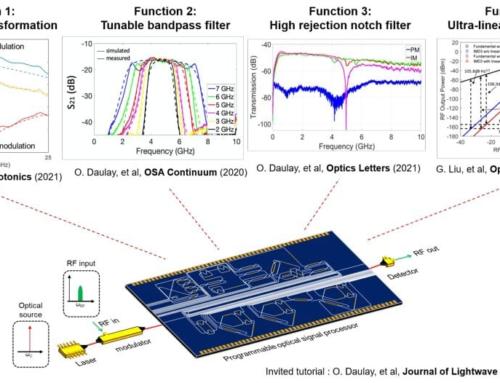Huawei has released a statement outlining how South African local governments need to improve their site approval processes to enable 5G coverage to expand rapidly.
David Chen, VP of Huawei’s Southern African Region, said that South Africa’s current site approval systems might not be able to cope with the expected large volumes of 5G site applications.
For this reason, Chen believes that the site application process will need to be automated, and this needs to be done as soon as possible.
Increased 5G site requirements
Chen explained that along with 5G macro sites for long-range or wide coverage, the other key building blocks of 5G networks will be small cell antennas.
“These sites are sufficiently small and compact to be easily installed on existing city infrastructure including streetlights, utility poles, traffic lights, rooftops or facades of buildings,” said Chen.
“Small cells have limited range, and many small cells will be required over a small area to deliver the high speeds, low latency and ability for massive volumes of connections that 5G promises.”
This means that small cells will be located much closer to each other than the typical towers and sites used by previous generations of cellular connectivity.
According to Chen, local governments will need to take on an increasing role in network connectivity in the 5G era.
“Cities must start preparing themselves now for a drastic increase in site applications to use city furniture like street lights to install connectivity sites,” said Chen.
Chen suggested that cities could begin looking at bulk leasing agreements for city infrastructure within demarcated zones, with small cells being approved in batches rather than individually.
“It is within the power of cities to ensure that the policy environment for the approval of sites and their construction in the cities are supportive and enabling so that all people within their boundaries are the chief beneficiaries of ubiquitous Broadband connectivity,” said Chen



